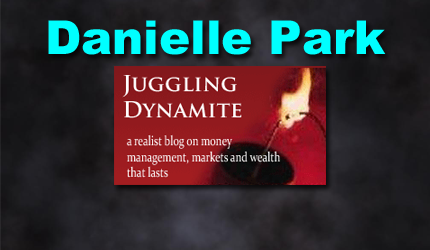According to Statscan, 89% of Canadian individuals earn less than $100,000 annually. The median household income is $75,000 nationally (see more here) and just over $80,000 per year in the Greater Toronto (GTA) and Vancouver (GVA) areas.
According to CMHC (calculator here), a household with $100,000 in annual income ($8,333 a month before tax) and no other debt can qualify for a maximum conventional monthly mortgage payment of $2,800. At an interest rate of 5.5%, amortized over 25 years, with a 20% downpayment ($114,000), this means that above-median income households can afford a home priced at $580,000 (mortgage calculator here), nearly 6x their household income. Any other debt payments naturally lower the mortgage room available.
That’s a problem because Canada’s national median sale price was $632,800 in November (CREA). In the GTA and GVA, the median sale price in November was $1.2 and $1.1 million, respectively. So, $200,000 in before-tax annual income and a $244,000 minimum down payment are needed to qualify a household to buy a median $1.2m home with a mortgage balance of $976,000 (are we joking? Sadly, no).
Thus, notwithstanding the 12% decline in home prices nationally year over year and the 22% drop since February, housing remains unaffordable for the vast majority of Canadians. Unless incomes are about to more than double, prices will have to drop significantly more to make any sense. See: Home prices need to fall another 40% to make buying homes in these cities affordable.
Little acknowledged is that higher-than-average income allows people to qualify for more debt. This is also why home prices can rise more in higher-income areas than the national average. And so-called prime borrowers experience the largest increase in household payments when interest rates jump. Higher-income families are also more likely to have more than one property and more than one mortgage.
For all these reasons, selling pressure cascades and spreads from top-income earners on down, especially once unemployment rises during a recession. The segment below covers some of Canada’s latest data.
The Bank of Canada says that 13% of variable fixed mortgages have reached their trigger point. This is the point at which the interest rate resets. Different financial institutions are deciding to do different things about it. Could this start a foreclosure crisis in 2023? People who cannot afford to pay their mortgages are falling deeper and deeper into a hole of debt. The banks are kicking their hands as they reach for a hand up. Here is a direct video link.












